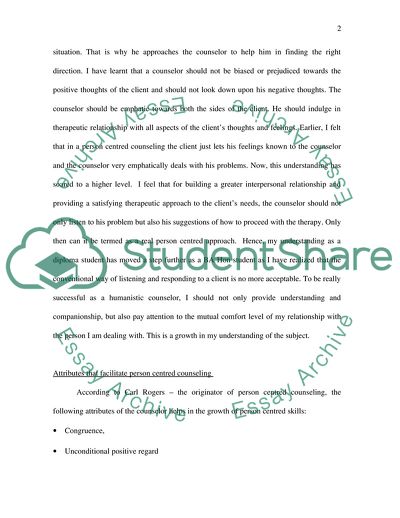Cite this document
(Growth in Person Centred Counseling Skills Case Study, n.d.)
Growth in Person Centred Counseling Skills Case Study. Retrieved from https://studentshare.org/psychology/1706813-critically-reflect-upon-and-evaluate-growth-in-person-centred-counselling-skills
Growth in Person Centred Counseling Skills Case Study. Retrieved from https://studentshare.org/psychology/1706813-critically-reflect-upon-and-evaluate-growth-in-person-centred-counselling-skills
(Growth in Person Centred Counseling Skills Case Study)
Growth in Person Centred Counseling Skills Case Study. https://studentshare.org/psychology/1706813-critically-reflect-upon-and-evaluate-growth-in-person-centred-counselling-skills.
Growth in Person Centred Counseling Skills Case Study. https://studentshare.org/psychology/1706813-critically-reflect-upon-and-evaluate-growth-in-person-centred-counselling-skills.
“Growth in Person Centred Counseling Skills Case Study”. https://studentshare.org/psychology/1706813-critically-reflect-upon-and-evaluate-growth-in-person-centred-counselling-skills.


